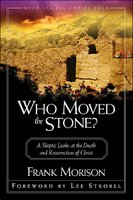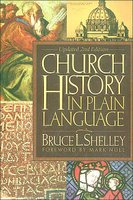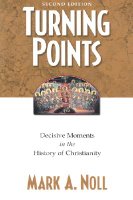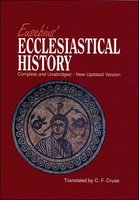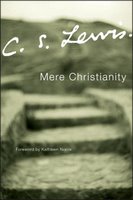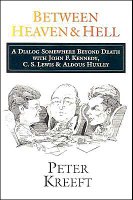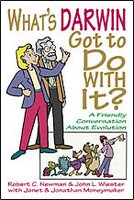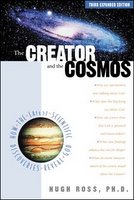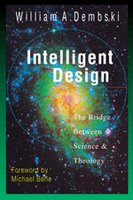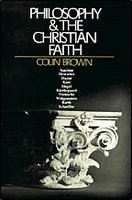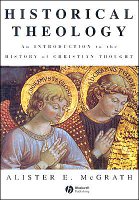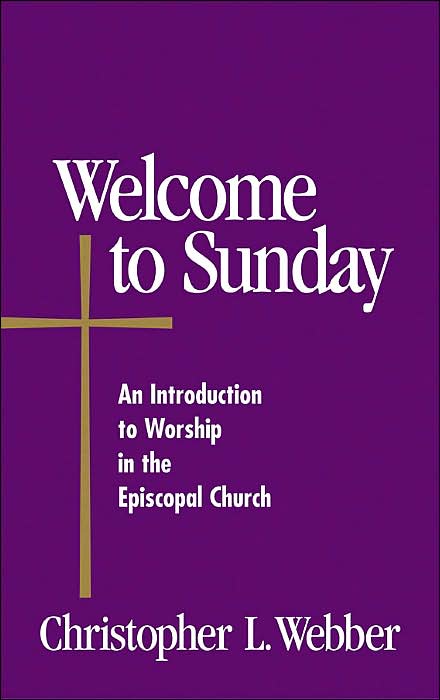New Genesis
First, the word translated "genealogy" in verse 1 is the Greek word "genesis." Just as the book of Genesis recounts the story of the first creation, so Matthew recounts the story of the new creation. Jesus' story is the story of redemption, of restoration, of new genesis.
Second, this genealogy is somewhat different than most: it includes four women- and not the four that you would think. Tamar, Rahab, Ruth, and Bathsheba are hardly the women you would expect to be prominently displayed in the record of the Messianic line. So why are they there? Perhaps because they are all gentiles (Bathsheba was an Israelite, but she was married to the Hittite Uriah), and Matthew was pointing out that Jesus was the fulfillment of the promise made to Abraham that through his seed all the families of the earth would be blessed (looking both forward and backward to the universality of the gospel). Also, look at the sexual sin associated with these women. Matthew seems to be showing his readers that in saving His people from their sins, Jesus was saving both Jews and Gentiles (once again, looking both forward and backward to the universality if the gospel).
Third, this genealogy tells the story of God’s plan for redemption- chapters of exile and exodus, leading up to the final exodus into the Kingdom of God: Egypt (exile) to the Promised Land (exodus), the Promised Land to Babylon, Babylon (exile) to… the Kingdom of God (exodus), the birth of the Messiah! Matthew is telling his readers that the long awaited exodus is here in and through Jesus.
Finally, note that verse 22 tells us that Isaiah’s prophecy has been fulfilled- this Jesus is the one who would be called Immanuel, which means “God with us.” This child, born of a virgin, is God with us. He is not only the long awaited Messiah, He is God! God will save His people from their sins. He will bring redemption, He will bring restoration, He will bring new genesis. read more







